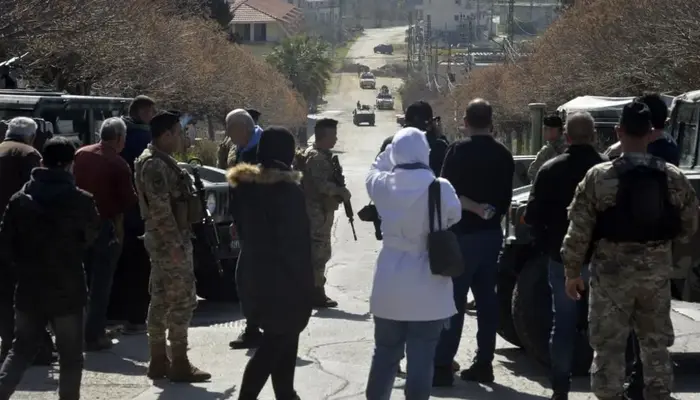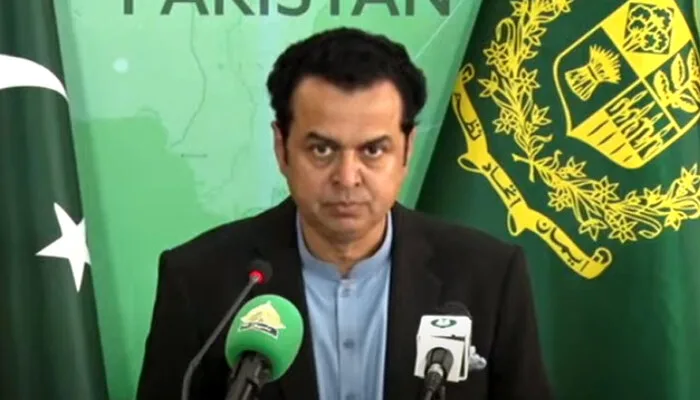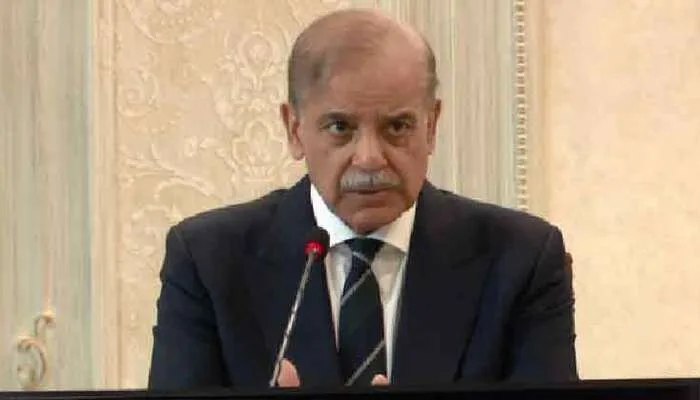
Israeli forces have mostly withdrawn from southern Lebanon, but troops remain stationed at five strategic positions. This partial withdrawal is a key point of the ceasefire that ended a year-long conflict between Israel and Hezbollah, the Shia militant group. Lebanon’s government insists on Israel’s complete withdrawal, calling any remaining Israeli presence an “occupation.”
Ceasefire Terms and Delayed Withdrawal
Under the ceasefire agreement, Israel was to fully withdraw and the Lebanese army was to replace all armed groups south of the Litani River. This area, located about 30km north of Israel, was once dominated by Hezbollah. The group sustained significant losses during the conflict—the deadliest since its formation in 1982. Israel postponed its withdrawal past the original January 26 deadline, citing security concerns.
Read: KP-Afghanistan Talks Require Federal Approval, States FO
Conflict’s Human Toll
The conflict displaced over one million people from Hezbollah-controlled regions in Lebanon. Lebanese authorities reported more than 3,960 deaths, many of them civilians. In northern Israel, more than 80 soldiers and 47 civilians were killed, with about 60,000 residents displaced. While most Lebanese citizens have returned home, reports suggest fewer displaced Israelis have done so.
Strategic Israeli Positions
Israeli troops remain stationed in mountainous areas along the internationally recognized border between the two countries. Israeli Foreign Minister Israel Katz confirmed that the Israel Defense Forces (IDF) would stay temporarily in these high points for security reasons. “Once Lebanon fully implements its side of the deal, there will be no need to hold these points,” Katz said during a press conference in Jerusalem.
Villagers Return Amid Destruction
Lebanese soldiers have moved into areas vacated by Israeli troops. They have begun clearing roadblocks and checking for unexploded ordnance. Some villagers rushed to return to their homes despite widespread destruction. Atef Arabi, who returned to Kfar Kila with his family, expressed relief at going home despite the damage. “If I find my house destroyed, I will rebuild it,” he said.
Future of Security Measures
Katz emphasized that Israel’s enforcement measures against Hezbollah would continue. He warned against a return to conditions seen on October 7, 2023, when Palestinian Hamas launched an unprecedented attack on Israel from Gaza. Hezbollah began its military campaign against Israel the next day, citing solidarity with the Palestinians.
The ongoing military presence underscores the fragile nature of the ceasefire. Both sides remain cautious, with security tensions far from resolved.
Follow us on Google News, Instagram, YouTube, Facebook,Whats App, and TikTok for latest updates












